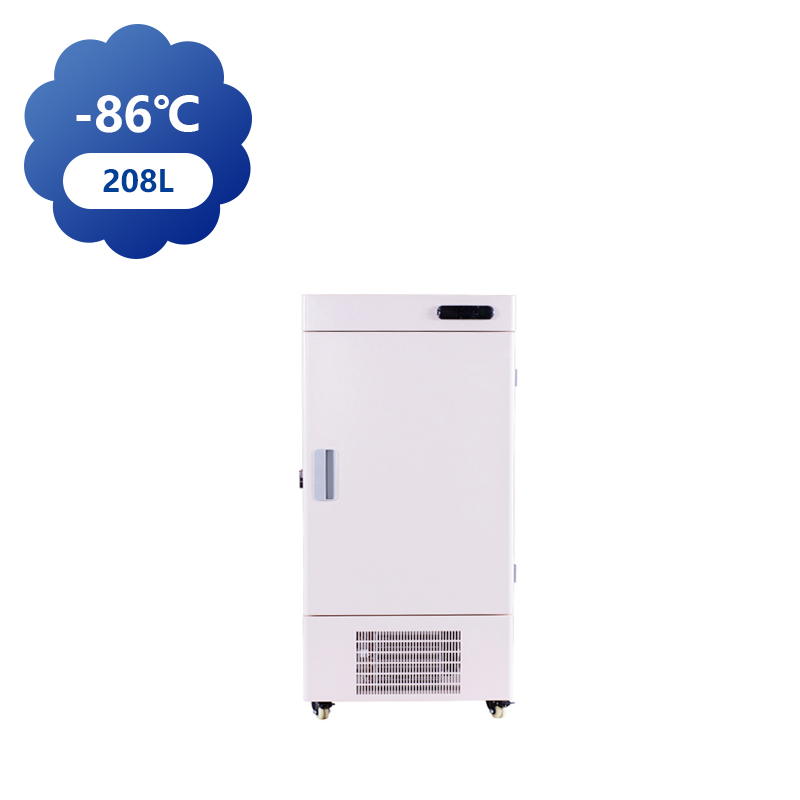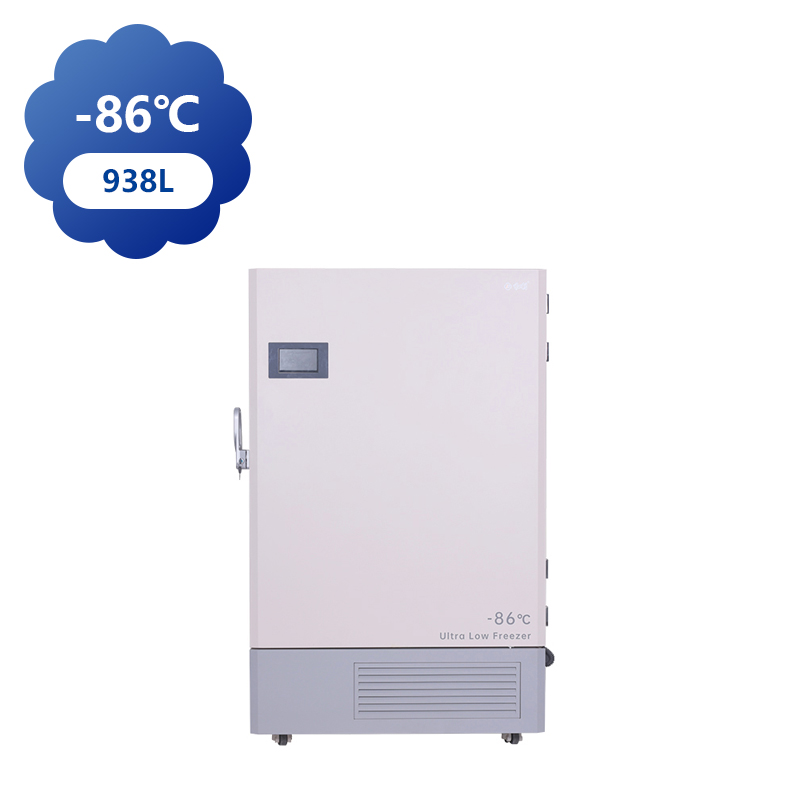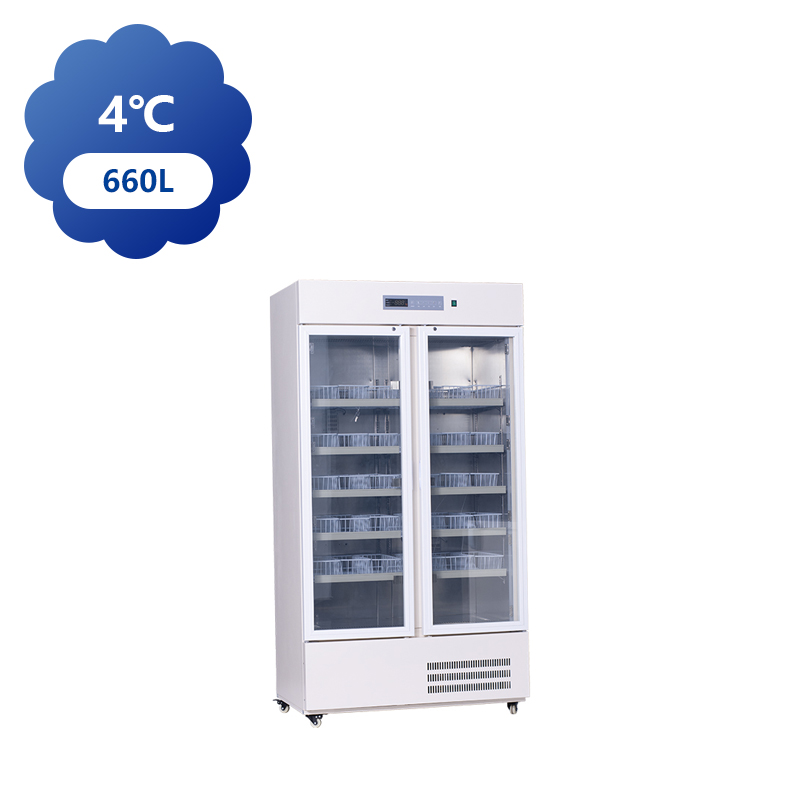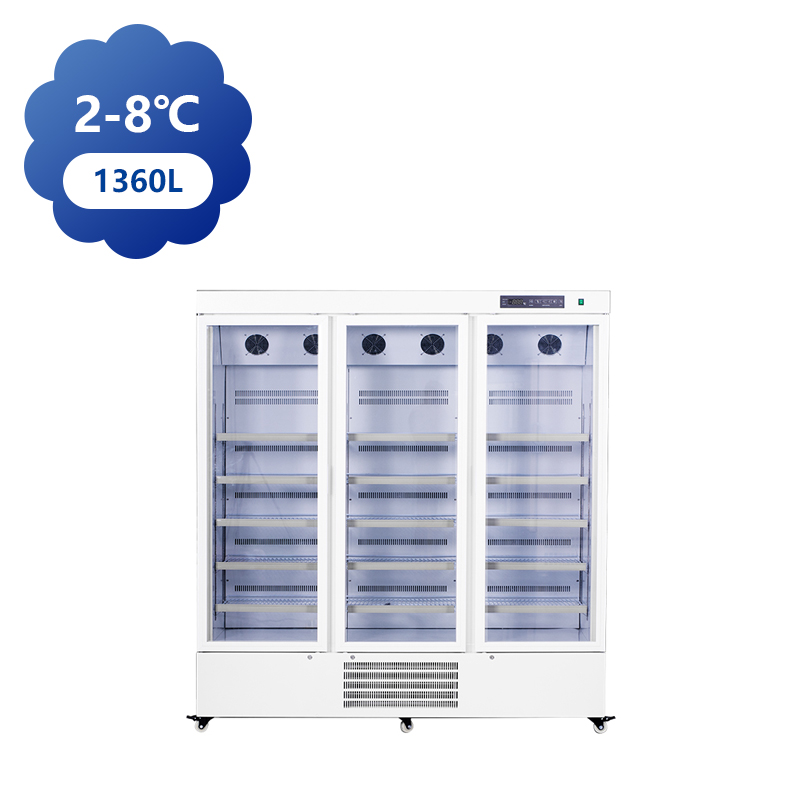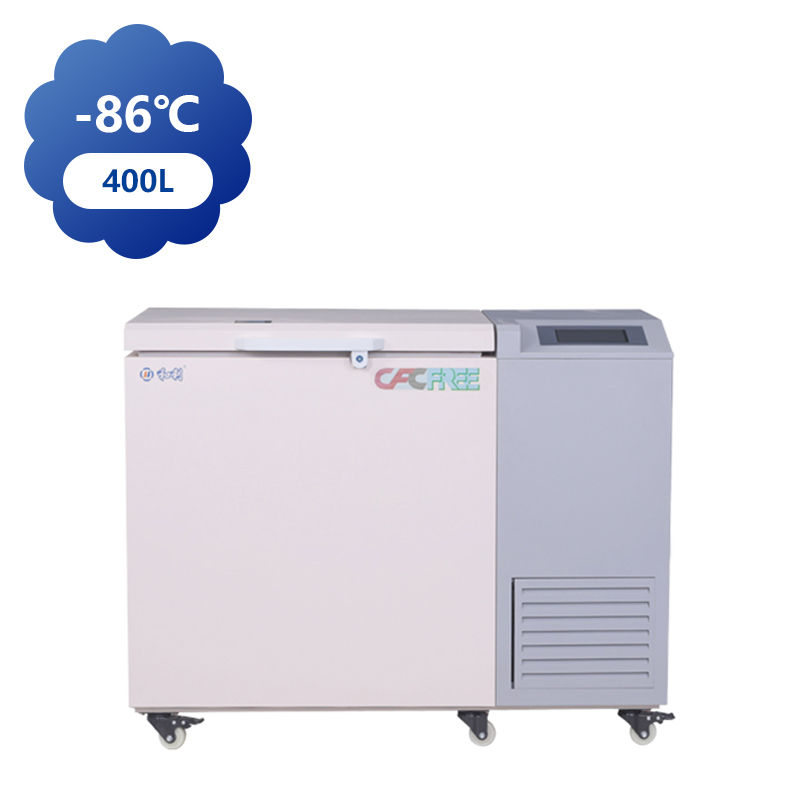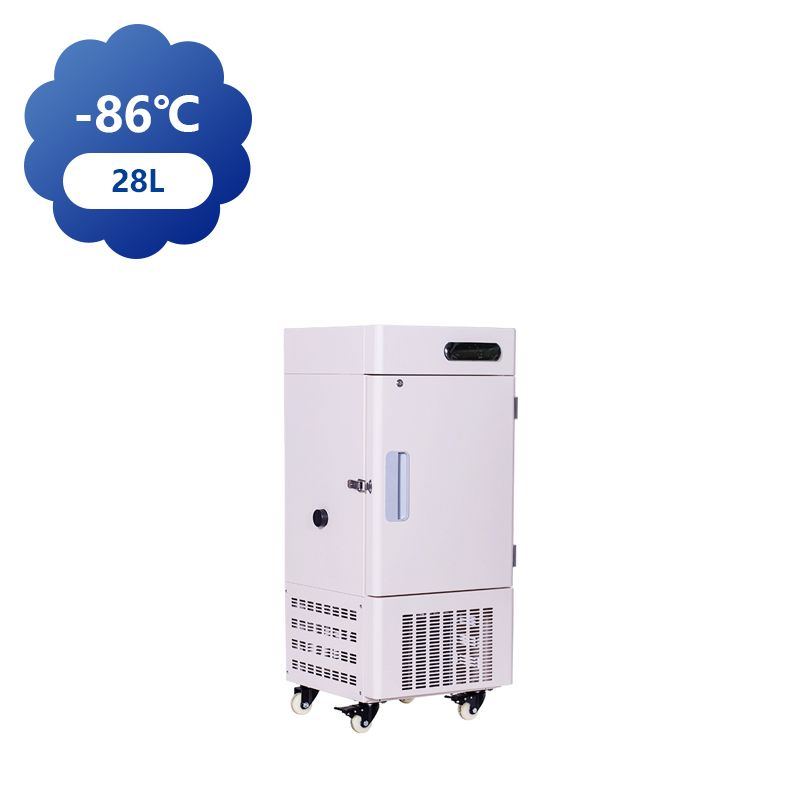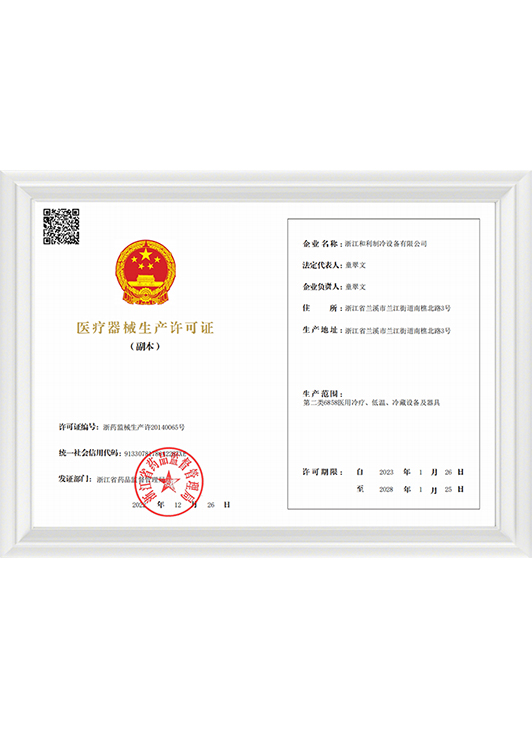You can contact to me using this form.
Using refrigerators and freezers properly is essential for maintaining food safety, ensuring energy efficiency, and prolonging the lifespan of your appliances. Here are some tips on how to use them effectively:
1. Appropriate Temperature Settings:
- Set your refrigerator to a temperature between 35°F (1.7°C) and 38°F (3.3°C) to keep food safe.
- Set your freezer to 0°F (-18°C) or below to prevent the growth of bacteria and to preserve the quality of frozen foods.
2. Proper Loading:
- Do not overload your refrigerator or freezer, as this can obstruct the flow of cold air and affect cooling efficiency.
- Keep items spaced out to allow for better airflow around them.
3. Food Storage:
- Store perishable items in airtight containers or plastic bags to prevent them from drying out or absorbing odors.
- Use the coldest parts of the refrigerator for perishable items that require lower temperatures, such as dairy products and meats.
4. Regular Cleaning:
- Clean the interior of the refrigerator and freezer regularly to remove spills, mold, and bacteria.
- Wipe down shelves, drawers, and the door gaskets with a mild cleaning solution.
5. Energy Efficiency:
- Use energy-efficient models to reduce electricity consumption.
- Unplug the refrigerator and freezer during power outages to prevent food spoilage.
6. Door Usage:
- Minimize the number of times you open the refrigerator and freezer doors to reduce cold air loss.
- Keep doors closed as much as possible, and do not leave them open for extended periods.
7. Thawing Foods:
- Thaw frozen foods in the refrigerator, in cold water, or the microwave, never at room temperature.
8. Checking for Leaks:
- Inspect the door seals periodically to ensure a proper seal. If the seal is damaged, replace it to maintain efficiency and prevent cold air from escaping.
9. Using Freezer Space Wisely:
- Organize the freezer with items you use less frequently towards the back and more frequently used items towards the front.
- Label and date items to keep track of what you have and when it was frozen.
10. Preventing Condensation:
- Avoid putting hot or warm foods directly into the refrigerator or freezer, as this can cause condensation and affect the appliance’s efficiency.
11. Defrosting:
- Manual defrost models require periodic defrosting. Follow the manufacturer's instructions for defrosting your specific model.
12. Regular Maintenance:
- Clean the condenser coils at the back of the refrigerator to improve efficiency and reduce energy consumption.
- Check the refrigerator’s water filter (if applicable) and replace it as recommended by the manufacturer.
By following these guidelines, you can ensure that your refrigerator and freezer are used properly, which will help you maintain the quality of your food, save energy, and extend the life of your appliances.



 中文简体
中文简体 English
English Français
Français عربى
عربى +86-15988502726(wechat)
+86-15988502726(wechat)